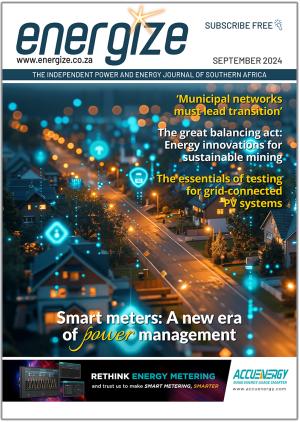Public Enterprises Minister Pravin Gordhan says South Africa’s Just Energy Transition Investment Plan (JET-IP), presented to world leaders last year at the Conference of Parties 28 (COP28), may have to adjusted to suit South Africa’s economic reality.

According to a report by Mail and Guardian, Minister Gordhan revealed this during a panel discussion about the country’s electricity crisis hosted by the Presidential Climate Commission National Colloquium on South Africa’s long-term electricity planning and the Just Energy Transition on Friday.
While Gordhan acknowledged that it was important to address climate change realities, he added that this had to be done at a pace that allowed for the country to address its energy problems.
Referring to what he called the “hypocrisy” of European nations which continued using coal and other fossil fuels to stabilise their energy grids, he said that Europe expects developing countries to stablise their grids differently.
He said that Europe is basically telling us to “Do as we say, don’t do as we do”.
South Africa, he says, needs determine its own reality and act accordingly.
For that reason, unless “the West”, as he calls it, provides the funding needed for South Africa to transition to cleaner, sustainable energy without being overburdened by debt, we won’t be able to make the transition within the prescribed timeframe.
Just as European countries are having to adjust their plans of migrating from fossil fuels to renewables by the impact of Russia’s invasion of Ukraine, so too, other countries – like South Africa – should be given the freedom to make adjustments to the speed at which the transition occurs.
South Africa’s biggest problem at present is not carbon emissions from power generation, but a shortage of electricity to support the economy.
South Africa needs to overcome the present reality that Eskom cannot consistently produce more than 23 000 MW whereas demand is closer to 30 000 MW, resulting in ongoing power outages to balance supply and demand, he said.
For this reason, the country’s Integrated Resource Plan (IRP) should be modified to meet this reality.
Simply put, South Africa needs to find the quickest way to procure additional power into its grid. Without an extra 5000 to 10 000 MW of electricity, load shedding will continue, Gordhan said.















